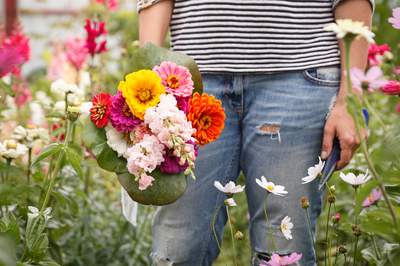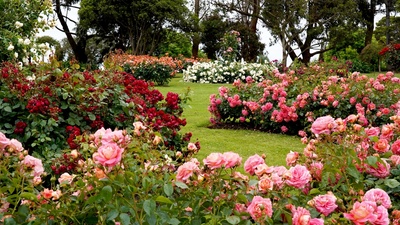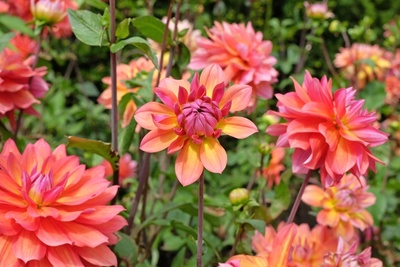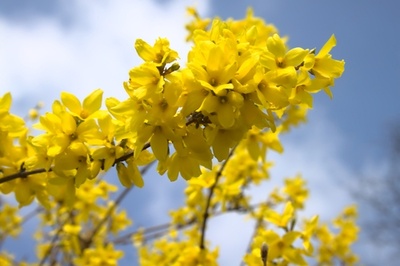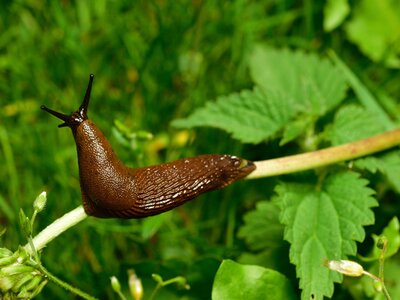
Slugs can cause problems in the garden, eating holes in leaves, stems, flowers, tubers and bulbs. They cause damage throughout the year on a wide range of plants, but seedlings and new growth on plants in spring are most at risk, so to help you protect your garden we have come up with five handy sustainable tips for organic slug control.
- Watering – slugs are active at night and love wet soil / wet surfaces, so try watering first thing in the morning so that the soil can dry out before nightfall to reduce slug activity
- Mulching – try ‘mulching’ around you plants with ‘rough’ material such as ‘Blooming Amazing’ or bark mulch: slugs hate crawling over those rough surfaces (plus the mulches will improve you soil and help your plants)
- ‘Slug gone’ wool pellets – made from processed sheep wool and approved for organic use, spread these pellets on the soil surface around plants to discourage slugs from crawling over the soil.
- Organic approved slug pellets – these now contain Ferric phosphate, which stop the slugs feeding, and in RHS trails have performed very well when used as per the instructions.
- Grow plants that slugs are less attracted to, the following are slug resistant plants (conditions and degree of resistance may vary)
Begonia sempreflorens
Nasturtiums
Alchemilla Mollis
Alstromeria
Anemone japonica
Astilbe
Astrantia
Ajuga
Aquilegia
Campanula
Crocosmia
Cyclamen
Dianthus pinks
Echinacea
Euphorbia
Ferns
Fuchsia
Hardy Geraniums
Heuchera
Hydrangeas
Foxgloves
Hellebores
Lavender
Penstemon
Roses
Rosemary
Rhododendrons and Azaleas


